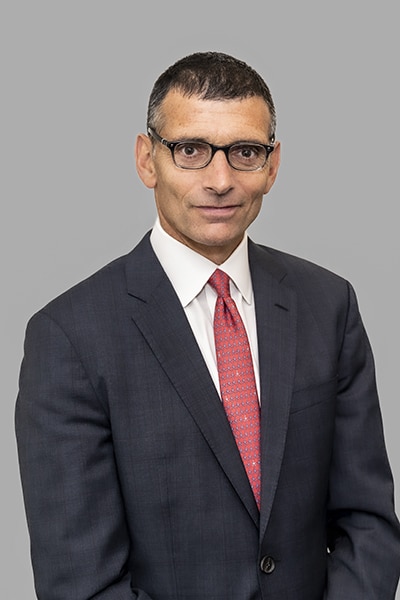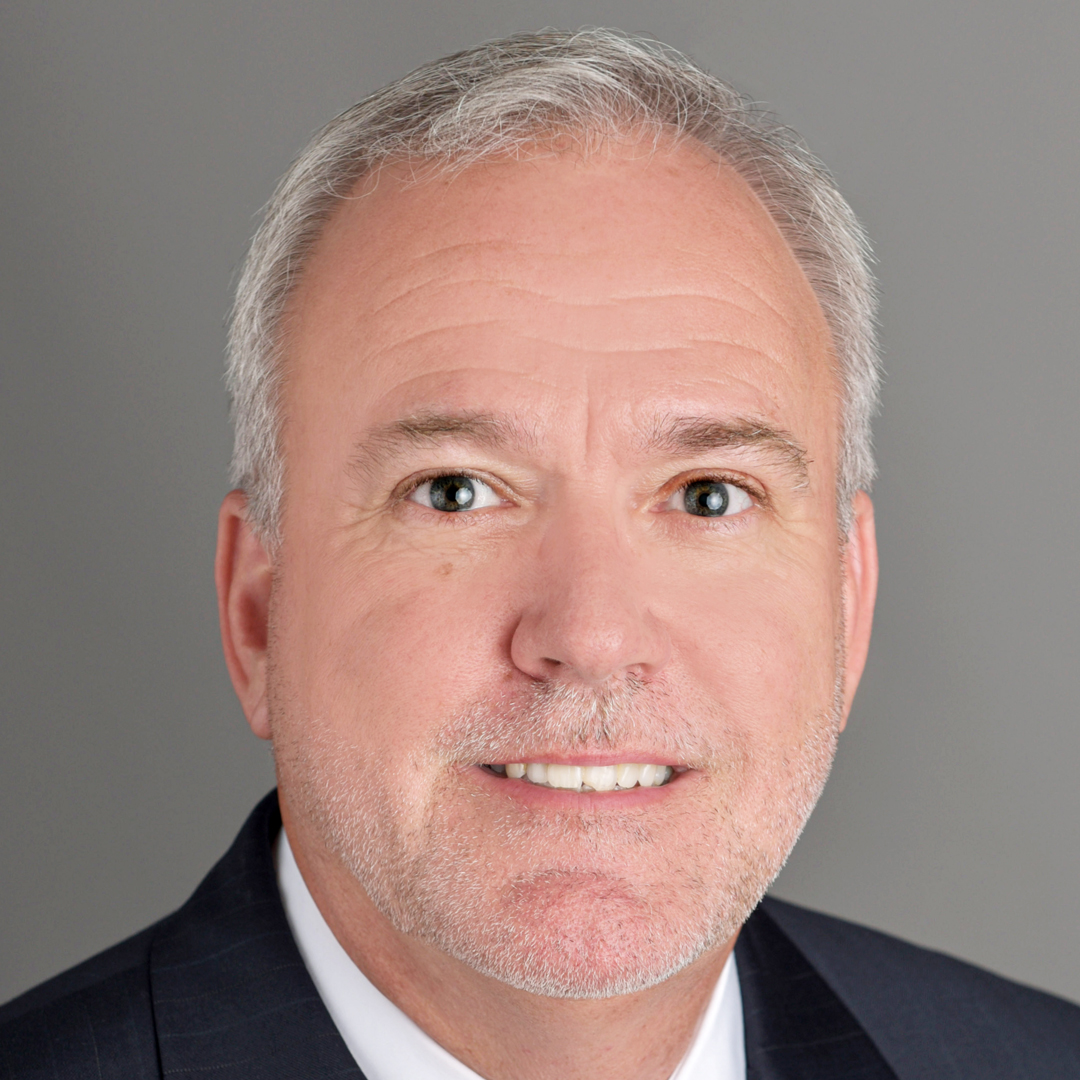Executive vice chairman Mark Weiss says the reason Cushman & Wakefield is able to consistently outmaneuver and outmatch its competition in the healthcare space is because of its diligence in stay abreast of any and all changes in the industry.
Operating at maximum capacity is especially essential in New York City where space is tight, competition is fierce, and the physical space requirements are unique. Weiss, member of the company Global Advisory Board at Cushman & Wakefield, and winner of Real Estate Board’s Most Ingenious Deal of the Year award a collective seven times in three different markets, should know. The EVC has completed more than 1,400 transactions in his 32 years of real estate experience.

“The trends in healthcare spaces are toward multidisciplinary practice groups sponsored by the hospital,” Weiss says. “It’s the most efficient blueprint model out there that benefits patients, physicians, hospitals, and insurance companies. The services are delivered more efficiently, which means less waste.” The population density of New York City makes these sorts of practice models what Weiss calls a “flawless environment.”
Part of Cushman & Wakefield’s edge, Weiss says, is a monthly briefing provided to the team on any relevant change or development in healthcare spaces, regulations, or otherwise pertinent information to make sure the ever-changing healthcare landscape can be accounted for. “We’re out in front of the curve without having to do the heavy lifting ourselves,” Weiss says. “It’s making people like me all over the country better than we ordinarily would be and is part of why I’m so proud to be at Cushman & Wakefield.”
Weiss says that multiple parts of the business stay close to the industry, which allows Cushman & Wakefield to operate more seamlessly alongside their clients’ needs. “Our property management department is, we believe, the best in the business,” Weiss says. “They’re absolutely essential for evaluating the asset base of a healthcare institution, understanding any deferred maintenance issues, which is very common in this space, and using their expertise to properly value the enormous amounts of facilities, whether these institutions want to sell them or not.”
In providing that litany of services, Weiss says the company functions in unprecedented concert with its clients. “It keeps us close to these healthcare institutions, and makes us both feel like we’re partners,” Weiss says. “It gives us opportunities and access to many of their requirements so that we’re engaged and solving problems before anyone else. We become partners by using all of our service lines, not just transactional or financial wizardry.”
Weiss says that along with its clients, Cushman & Wakefield relies on the New York State Department of Health’s (NYDOH) approval on almost every deal. The EVC says that government is often maligned for inefficacy, but in the NYDOH’s case, it’s a welcome opposite. “The state doesn’t get enough credit as they’re quite efficient with these healthcare providers,” Weiss says. “Everyone understands that you have to play respectfully by their rules, and I think the Department of Health should be praised in this case.”
“I think I’m successful not because of the successes in my career but because of the very many failures I’ve had.”
It’s the DOH’s approval and his respect for the process that prevents Weiss from commenting on anything remotely close to the deals he’s currently working on that will pile on top of his 1,400 transactions. But he says he’s especially proud of a long lead transaction that Weiss says was one of the most intricate of his entire career: The New York Proton Center.
“It was a deal that was made four-and-a-half years ago but only now just opening, and it is a facility that is going to transform medicine in New York City and New York State,” Weiss says. “Hundreds of lives are going to be saved that might otherwise have been lost to pediatric brain tumors, and if there’s ever something that should make me proud professional, it’s that transaction.”
Operating in New York City is not for the faint of heart. But Weiss, who admits to working longer hours than probably anyone he knows, says the “full-contact sport” of New York City real estate is the best teacher in the world.
“I think I’m successful not because of the successes in my career but because of the very many failures I’ve had,” says Weiss, who spends his free time training for triathlons. “Nothing makes you better than failing, being humiliated, and being honest with yourself about what you’ve learned.”


